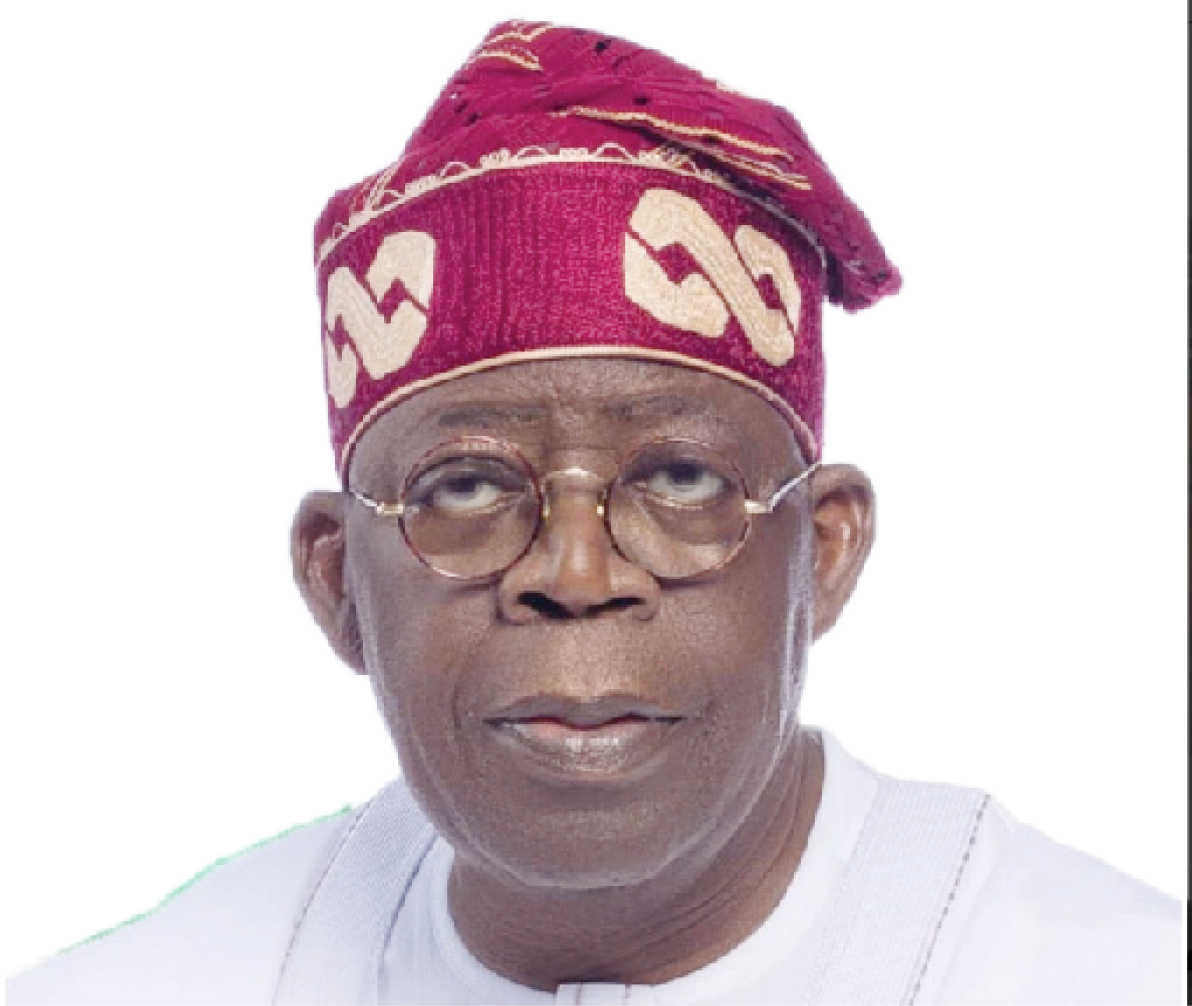The moment the newly elected President Bola Ahmed Tinubu declared in his inauguration speech that the swamp of unemployment in the country will be drained could be defining.
It is necessary to tackle the unemployment problem because, most of the socio-economic problems in the country, including the IPOB and Yoruba Nation agitations in the South and the banditry problem in the North, are largely caused by joblessness and lack of opportunities.
The KPMG Global Economy Outlook reported H1 2023 unemployment is one of the major challenges in Nigeria due to inability of the economy to accommodate 4-5 million new job seekers annually. They indicated that unemployment has increased to 37.7 per cent in 2022 and will further rise to 40.06 per cent in 2023. They projected it to increase again to 43 per cent in 2024 as inflation continues to accelerate at 20.03 per cent in 2023.
Usually, when there is unemployment epidemic, the like of which we have in Nigeria, the appropriate measure is to adopt expansive monetary and fiscal policies to generate jobs.
In acknowledging the unemployment problem, the new president promised to create “one million jobs” in the digital economy. This is laudable, particularly if it comes to fruition. But the administration can actually create more jobs in other sectors of the economy, notably, in the power, transport, agriculture, and infrastructure, by using job-creating fiscal stimulus and ensuring enabling environment for private investments to thrive.
The expansionist fiscal and monetary policies, the exchange rate unification, and the promise to allow foreign investors to repatriate their income by President Tinubu are therefore steps in the right direction, albeit we are yet to see the details of the policies.
As the resources needed to implement the expansionary policies and huge investment in infrastructure are evidently inadequate in Nigeria, the government can diversify its sources of income. In addition to applying the trillions of naira revenue from stoppage of oil subsidy, it is also important to block leakages and theft, which is up to $1.9 billion in the oil sector and tackle public sector corruption using proactive modern accounting techniques.
The government may also scrap duplicated agencies to save money. The lending rate, which stands at about 29.13 per cent must be lowered to single digit. This will help to increase money supply, boost liquidity, and enable businesses to expand and meet increasing demand; but this must also be done in a way that will not trigger inflation.
The new demand generated will also encourage small business to hire more workers. It is also vital to lower business rate, that is to cut taxes for investment to grow. However, tax net should be expanded to generate more revenue to help the government fund its expansion programmes.
The Tinubu economic team should also pay a particular attention to selective public expenditures to actualise the promise of “labour-intensive infrastructural improvements” as stated in the inauguration document. The government should focus on the most cost-effective and job-creating spendings such as roads, bridges, and railways.
Serious efforts should be made to connect the major economic cities by rail and roads across the six geopolitical zones to distribute the comparative economic advantages between the North and South.
Private participation through Public Private Partnership (PPP) in railways and roads can help to augment government efforts, but this must be focused on economically viable states that have the potential to generate high returns. For example, the Lagos-Ibadan expressway can be replicated in Kaduna-Abuja, Kano-Lagos, or Onitsha-Port Harcourt and you are guaranteed to reduce unemployment substantially. These will not only improve public service but will also create direct indirect employment in each geopolitical zone.
However, to make a major difference in job creation, the infrastructural development plan must be massive and continuous. Nigeria can follow successful examples adopted in different countries that had to deal with acute unemployment, inflation, and recession. There is not enough space to write in details all of them but, I will enumerate a few for reference.
The government can borrow from the Chinese model, that is, the Expansion of Infrastructure and Economic Development, which enabled the largest investment in infrastructure in China from 1978 to 2008 and helped to create millions of jobs and grow the Chinese economy rapidly. The Korean Compressed Development Strategy championed by the Korean Development Bank (KDB) in 1954 is another sterling example. Korea dedicated two-third of budget to expand and build new railways to connect economic cities and increased power supply as well as constructed nuclear energy, thermal and hydroelectric power stations to provide jobs, telecommunications and accelerated growth. KDB provided majority of the capital used for development of infrastructure, which helped grow the Korean economy and solved unemployment after the war.
Other models of infrastructural and economic development are the Japanese Income Doubling Plan, the Infrastructure and the Ricardian Trade in India, the Italian Economic Miracle (the Marshall Plan) and An Infrastructure Action Plan for Nigeria by AfDB.
Bagwanje wrote this piece from the United Kingdom and can be reached via email: [email protected]

 Join Daily Trust WhatsApp Community For Quick Access To News and Happenings Around You.
Join Daily Trust WhatsApp Community For Quick Access To News and Happenings Around You.


